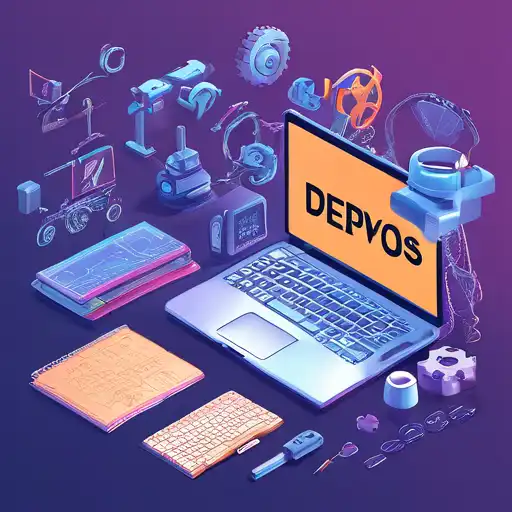Introduction to DevOps Tools in 2023
As we step into 2023, the DevOps landscape continues to evolve, bringing forward tools that promise to streamline development and operations processes more efficiently than ever. This guide highlights the must-know DevOps tools that are shaping the industry, ensuring teams can deliver high-quality software at speed.
1. Continuous Integration and Continuous Deployment (CI/CD) Tools
CI/CD pipelines are the backbone of DevOps practices, enabling teams to automate the testing and deployment of applications. Jenkins, an open-source automation server, remains a favorite for its flexibility and vast plugin ecosystem. Meanwhile, GitLab CI/CD and GitHub Actions offer integrated solutions that simplify the CI/CD process within version control platforms.
2. Infrastructure as Code (IaC) Tools
IaC tools like Terraform and Ansible allow teams to manage infrastructure through code, improving consistency and reducing manual errors. Terraform's ability to support multiple cloud providers makes it a versatile choice for multi-cloud strategies.
3. Containerization and Orchestration Tools
Containerization has revolutionized how applications are deployed and scaled. Docker continues to lead the containerization space, while Kubernetes dominates orchestration, offering robust solutions for managing containerized applications at scale.
4. Monitoring and Logging Tools
Effective monitoring is crucial for maintaining application performance and reliability. Prometheus and Grafana provide powerful monitoring capabilities, while ELK Stack (Elasticsearch, Logstash, Kibana) excels in log analysis and visualization.
5. Collaboration and Communication Tools
DevOps is as much about culture as it is about tools. Platforms like Slack and Microsoft Teams facilitate seamless communication across teams, ensuring that everyone stays aligned on project goals and updates.
Choosing the Right DevOps Tools
Selecting the right tools depends on your team's specific needs, project requirements, and existing infrastructure. It's essential to evaluate each tool's features, community support, and compatibility with your tech stack before making a decision.
Conclusion
The DevOps tools landscape in 2023 offers a wealth of options designed to automate, streamline, and enhance the software development lifecycle. By leveraging these tools, teams can achieve greater efficiency, reliability, and speed in delivering applications. Stay ahead of the curve by integrating these essential DevOps tools into your workflow.
For more insights into DevOps practices, check out our guide on DevOps Best Practices.
